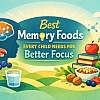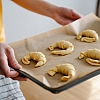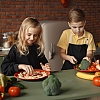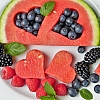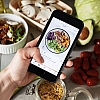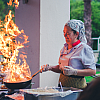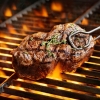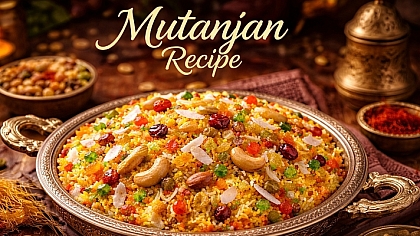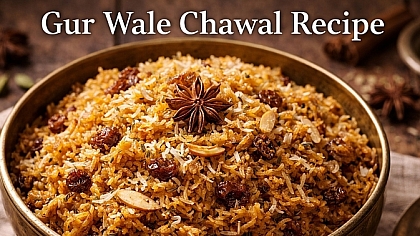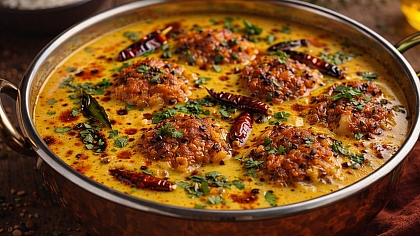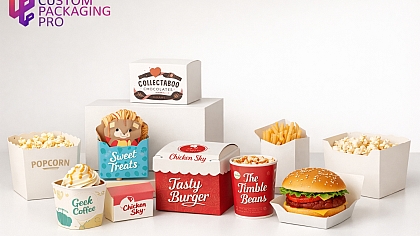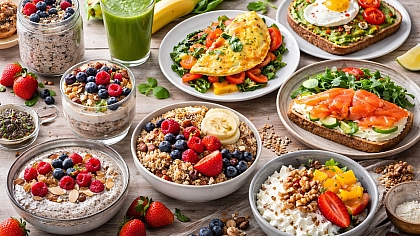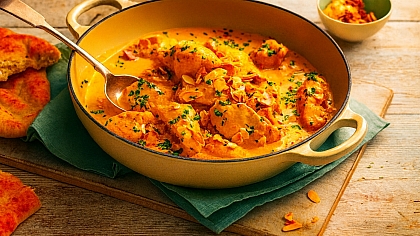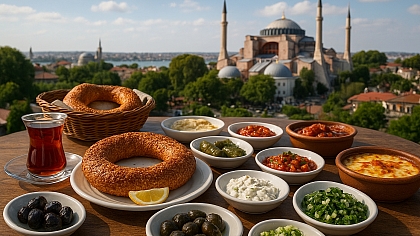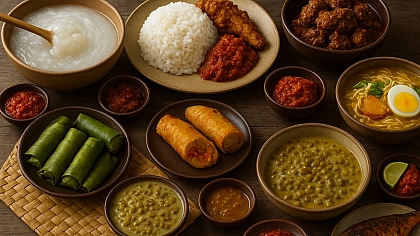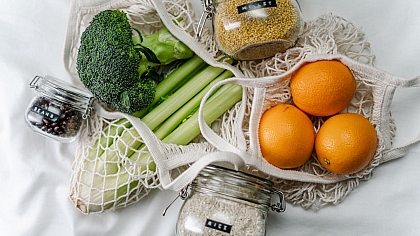Foods That Help our Brain Study
The food you consume in your body could affect the way your brain functions. This is crucial to consider during exam time, as you're likely to be reading more rather than eating breakfast.
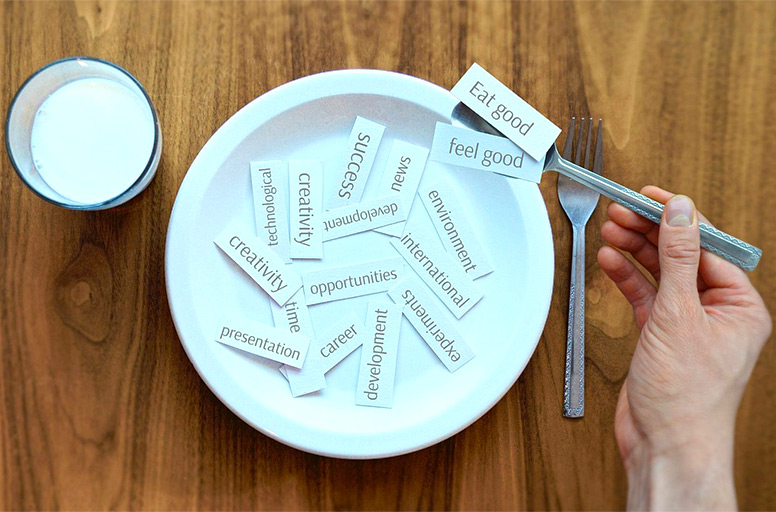
Find out what food choices you make can affect your body so that you can pick food items that boost the memory of your brain and assist you in beating your studying schedule.
What's the relationship between food and your brain?
The brain is the most complicated organ in your body. Like a computer, it performs millions of operations every single day. It's never stopped working and requires constant refills using the fuel it runs on, which is glucose which is a kind of sugar.
The body gets glucose from your diet and delivers it to the brain via the bloodstream. The problem is that your brain doesn't have the capacity to store glucose, which is why it is necessary to replenish your levels each day.
If your brain's not properly stimulated, you're likely to be irritable and sad. There's a chance that you'll have difficulty sleeping, memory loss, and trouble focusing. This is not how you'd like to be feeling when you show up to take an exam.
What are the most nutritious foods to use as fuel?
A healthy diet for the brain to study by studycrumb.com/easy-college-meals includes:
Protein: eggs, meat, fish, poultry, as well as legumes, nuts and seeds, dried lentils and beans, dairy products, and soy-based products. Protein aids your brain in sending messages to your body. It also helps make brain chemicals that enhance your mood.
Antioxidants: vegetables and fruits, which include the juice of pomegranate and berries. Antioxidants can slow or even stop certain effects of aging on the brain.
Omega-3: oily flax seeds, fish, flax oil, as well as egg yolks, beef, and chicken. Omega-3s have been proven to aid in making your brain work more efficiently and boost your mental health.
Dietary cholesterol: is found in eggs and dairy products. The brain depends on cholesterol to make cells that relay information to your body.
Monounsaturated fats: avocados, nuts, olive oil, peanut oil, and canola oil. Foods that are rich in monounsaturated fats can boost memory and aid in making your brain perform better, more efficiently, faster, and stronger.
Caffeine (moderate quantities): tea and coffee, as well as dark chocolate. In smaller doses, caffeine can make you feel more refreshed and focused.
Water: the brain is made up of 73 percent water. This means that water is essential to keep your body (and your brain) in good shape.
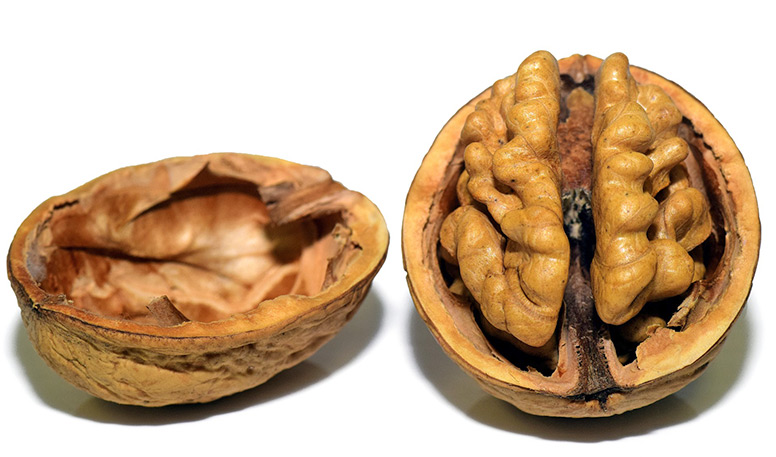
Other tips to study
If you're trying to eat the most brain-boosting foods to study, take note that nutrients don't travel the way you want them to. They go where your body requires the most.
Therefore, it's best to incorporate the above items as part of a nutrient-rich, balanced diet instead of looking to find an instant solution. If you're feeling stressed or require more brain power, consider these tips to help you:
Make sure you get enough sleep. Divide your study time and break down the material into manageable, small chunks.
Move around. Even one hour of moderate activity can boost the speed of processing in your brain.
Meditate. It could help you overcome anxiety, boost your focus, and improve your ability to focus.
Keep hydrated. Water can affect brain concentration and overall performance.
The most efficient way to feed your brain is by eating various kinds of food across all food groups. When you're studying your books, it may be a bit difficult to apply them in your daily life. Consuming balanced meals all often will assist you in studying better and result in better performance both in the short as well as the long term.
Although some of the brain food items discussed have instant effects (like caffeine), the most effective outcomes are those that are seen in time, like the slowing of cognitive decline due to age and a decrease in the risk of degenerative illnesses like Alzheimer's.

